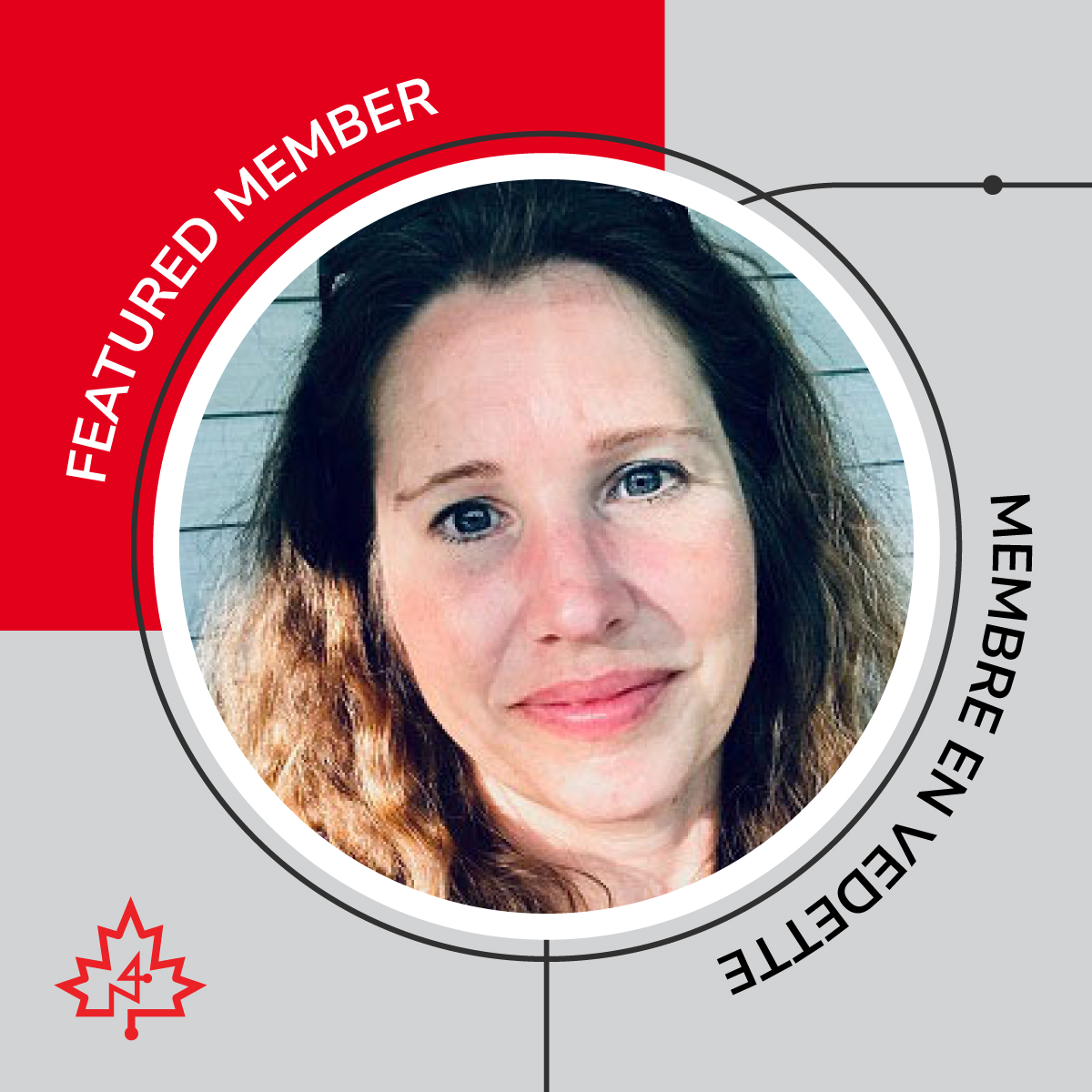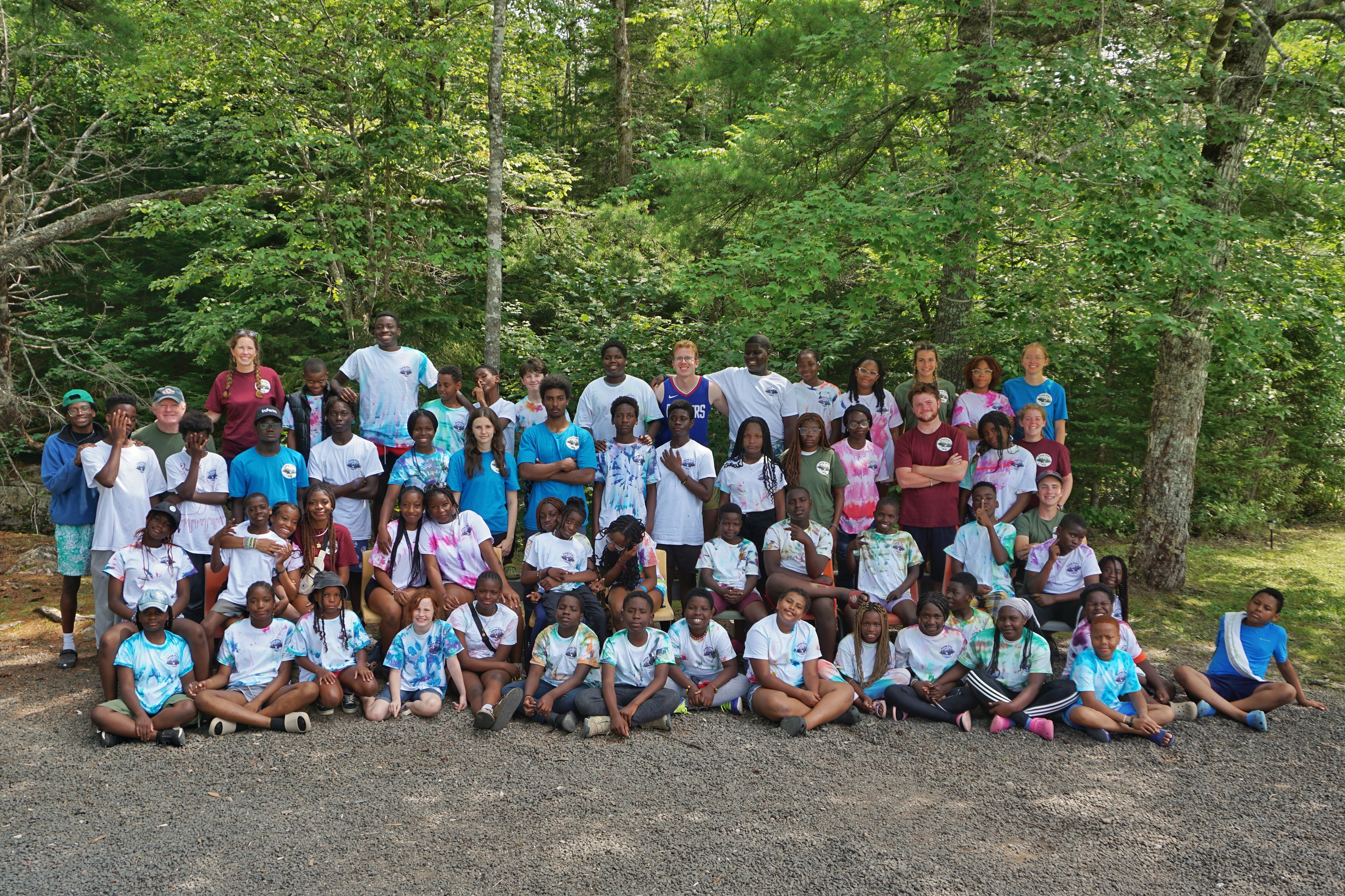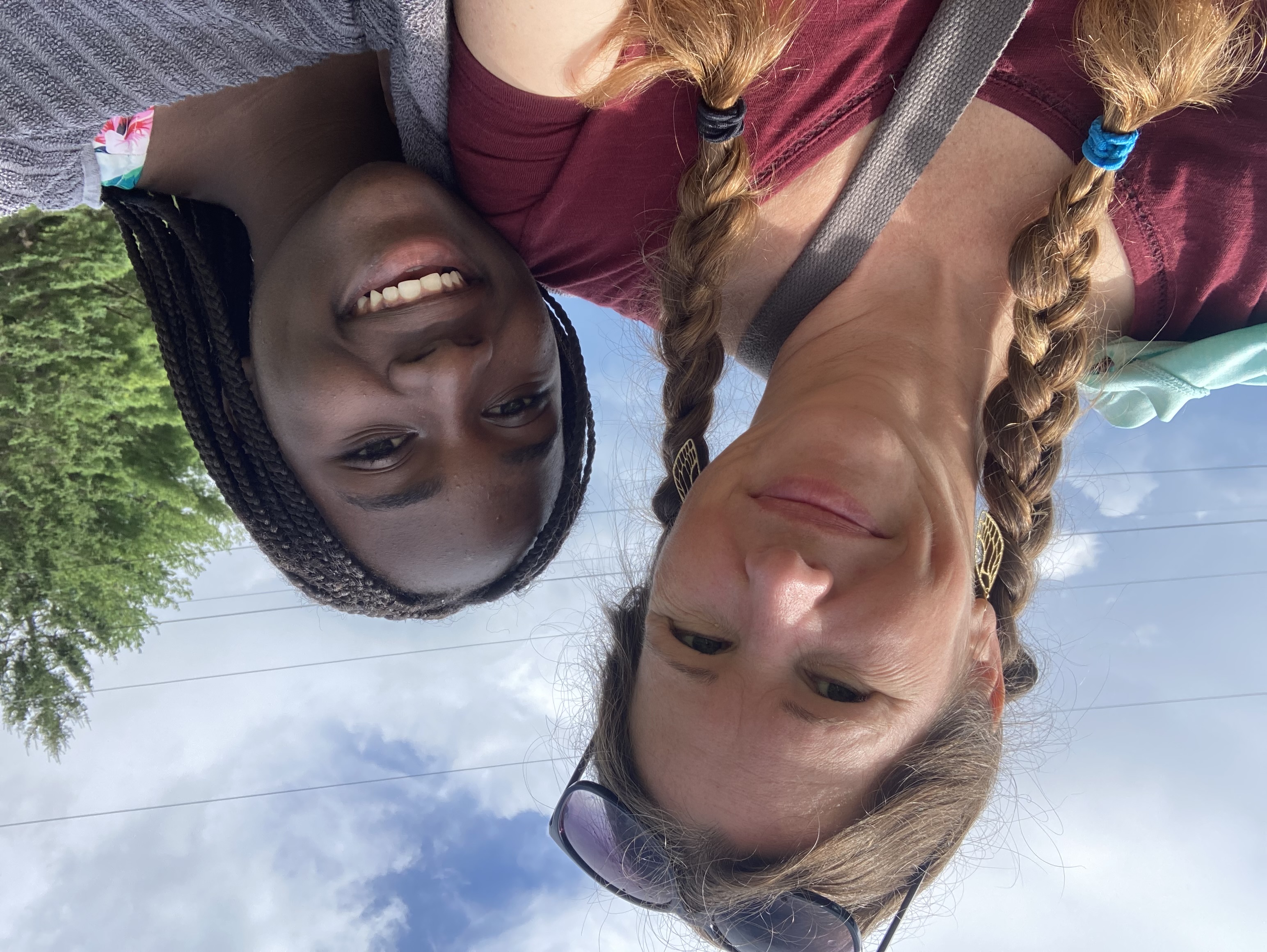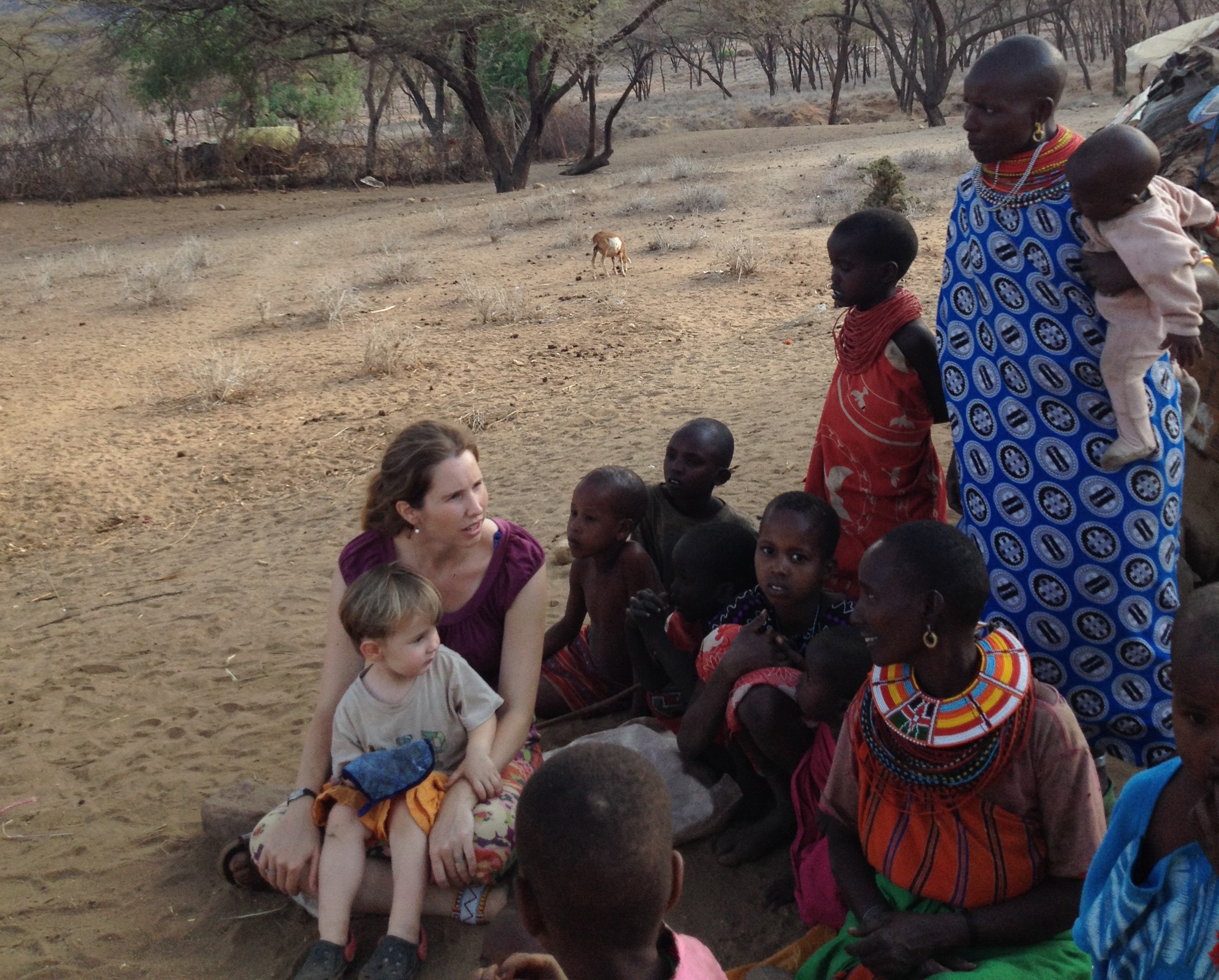
Laura Callaghan’s journey into the realm of healthcare is one marked by a deep commitment to cultural responsiveness and humanitarian work. From her early experiences in Northern Kenya to her current role in Nova Scotia, Laura’s career reflects her dedication to serving communities with limited access to healthcare, particularly those from marginalized backgrounds. Her story is one of resilience, cultural humility, and a passion for making a meaningful difference in the lives of others.

A Journey Rooted in Cultural and Humanitarian Service
Laura’s interest in the intersection of health and culture began at a young age. At just eight years old, she knew she wanted to work internationally in missions and healthcare. This dream became a reality when, at 20 years old, she took her first nursing position in Northern Kenya, days after graduating as a nurse. Working as a dispensary nurse on the edge of the Chalbi Desert, Laura provided healthcare to nomadic pastoralist communities, often in challenging and resource-limited settings.
Her six-year stint in Kenya involved a wide range of healthcare services, from primary care to emergency interventions, all while developing culturally responsive strategies to address the healthcare gaps that increased morbidity and mortality in these communities. Despite returning to Canada, Laura has maintained her connection to Kenya through a health outreach project that coordinates healthcare with local community health workers, focusing on tuberculosis screening, treatment, and surgeries for children needing cleft lip/palate repairs, prosthetics, and eye care.

Laura Callaghan (left) pictured with fellow team members at SOAR Camp 2024
Envisioning a Future of Inclusive and Culturally Responsive Care
Upon her return to Canada, Laura resumed her work as a pediatric nurse practitioner, this time in Nova Scotia. While her earlier work with newcomers was primarily international, she found herself increasingly drawn to addressing the healthcare needs of newcomer children and youth in Canada. A turning point came when she was encouraged by her manager at the IWK hospital to take the N4/SPU Newcomer Navigation Online Program, a 1-year online educational opportunity that provides students with knowledge and guidance to better serve their newcomer clients. Initially unsure of how this would fit into her work, Laura’s curiosity led her to explore broader systems questions about newcomers’ access to care in Canada. Through the program, she gained insights into social justice, ethics, and providing socio-culturally safe and sensitive care, whether in healthcare, social, or settlement services.
This exploration led her to negotiate a role focused on providing mental health care to newcomer children and youth referred by settlement agencies and primary care clinics. Through this work, Laura has become a vocal advocate for culturally responsive care within the Canadian healthcare system. She emphasizes the importance of aligning institutional practices with the principles of equity, diversity, inclusion, reconciliation, and accessibility (EDIRA) to ensure that the care provided truly meets the needs of diverse populations.
Laura’s dedication to this work extends beyond her clinical role. She and her family run an overnight summer camp for African newcomer children and youth, particularly those from refugee backgrounds. Now in its seventh year, the camp has grown to include 50-60 campers and 15-20 volunteers, many of whom are past campers themselves. Laura finds profound meaning in these moments of connection, where children and youth find belonging, friendship, and a sense of identity in their new environment. The camp serves as a vital space for these young people to build resilience and community, reflecting Laura's deep commitment to fostering inclusive environments.
Envisioning a Future of Inclusive and Culturally Responsive Care
Looking to the future, Laura sees immigrant integration in Canada as an opportunity for growth and enrichment, both for newcomers and for the country as a whole. However, she acknowledges the challenges that come with this growth, particularly the need for infrastructure that supports newcomers in thriving post-arrival. The trend in the literature that suggests time in Canada can decrease health and mental health outcomes for newcomers is a concern that Laura believes needs careful consideration and action.
Laura envisions her role in this future as one of helping systems, programs, and individuals better understand and implement cultural humility in their work. By fostering a deeper understanding of health equity and advocating for improved child and youth newcomer mental health support, she hopes to bridge the gap between what institutions claim to do and what they accomplish in practice.
For healthcare professionals looking to better support newcomer and refugee populations, especially in the context of child and youth health, Laura’s advice is clear: embrace the opportunities to learn about newcomer experiences, lean on the resources available, and be open to learning from others, particularly the patients and families in front of them. She encourages her colleagues to keep advocating for health equity and accountability, to lean into the work with courage and grace, and to remember that daily clinical encounters matter just as much as broader systems change.
Laura Callaghan’s story is one of perseverance, passion, and an unwavering commitment to making healthcare more inclusive and culturally responsive. Through her work, she continues to make a profound impact on the lives of those she serves, embodying the principles of compassion and equity that are essential for true healthcare transformation. Her journey reflects a lifelong dedication to improving healthcare systems and advocating for the needs of diverse and marginalized communities.


